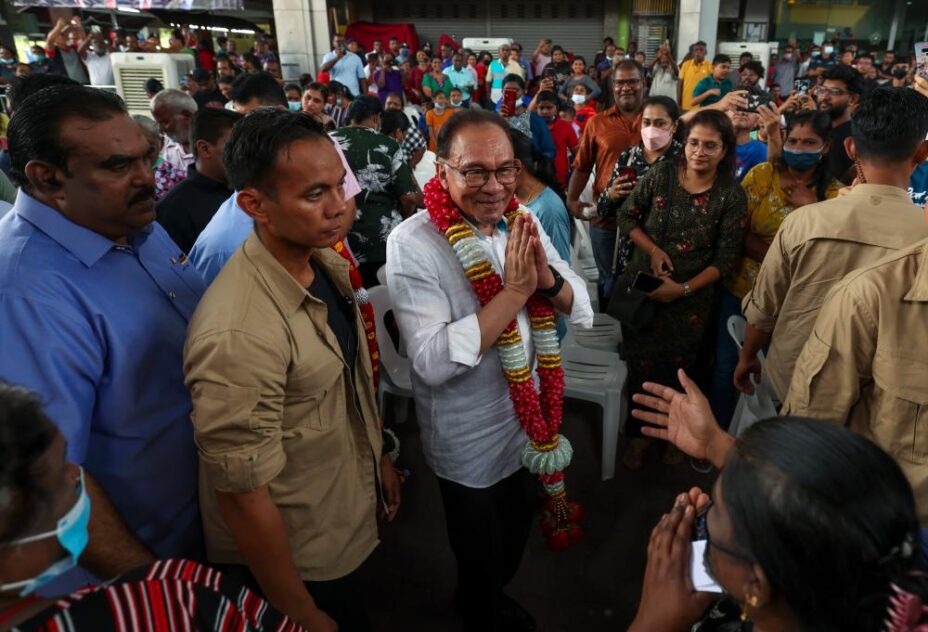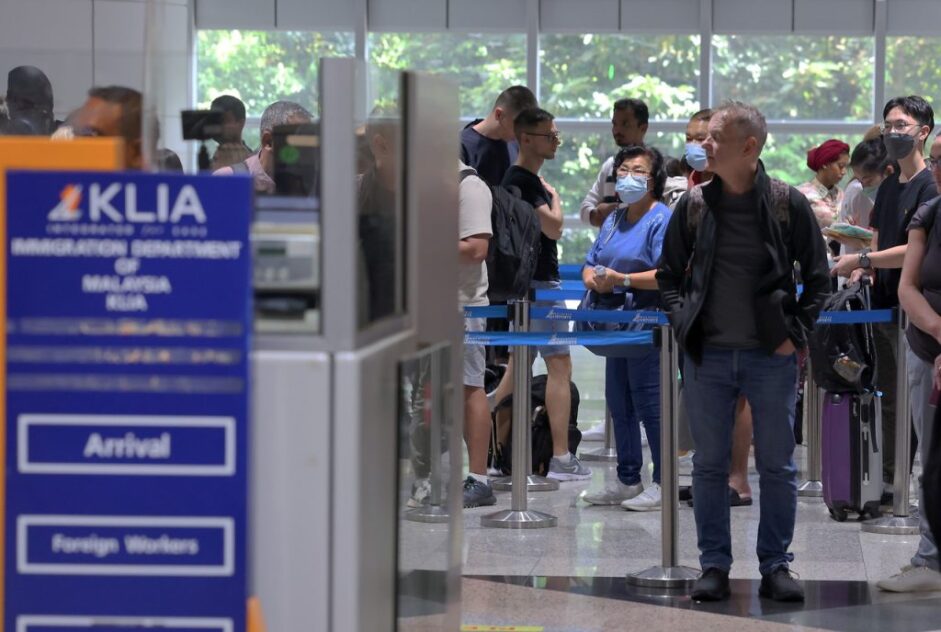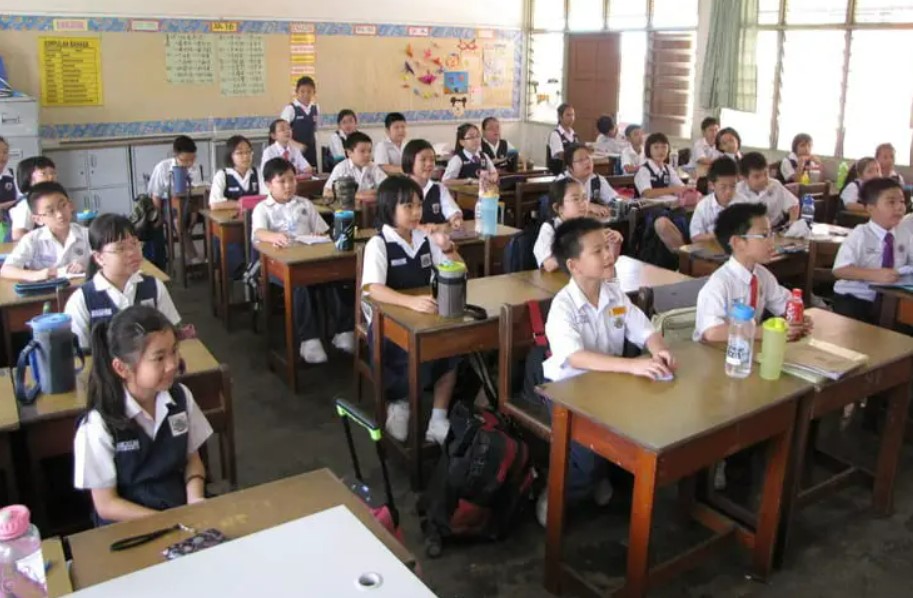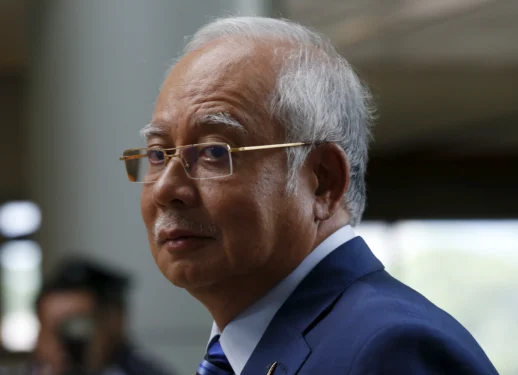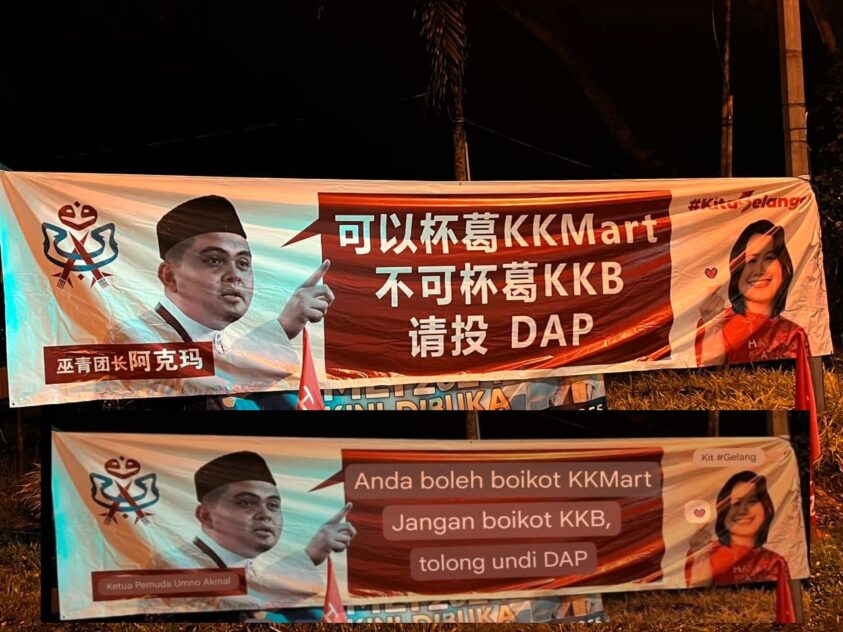By Wathshlah G Naidu
THE Centre for Independent Journalism (CIJ) welcomes Prime Minister Tan Sri Muhyiddin Yassin’s acknowledgement of the prevalence of hate speech against a person based on their race, gender, religion, sexual orientation, disability or nationality.
We also take note of the Prime Minister’s call for Asean countries to have stricter laws to better tackle online hate speech.
The spread of hate speech and online violence, often gender-based, is on the rise in Malaysia. Such tactics are often used to attack, intimidate and harass vulnerable and marginalised groups like migrant workers, refugees and lesbian, gay, bisexual and transgender (LGBT) communities, and human rights defenders.
These attacks often intensify, exacerbating doxing, online trolling, cyberbullying, and sometimes, even physical violence and attacks, jeopardising the targetted victim’s safety and security, or that of his community and family. This can also take a toll on their mental health.
CIJ has long called on social media platforms to do better in curbing online hate speech. Such platforms must be more proactive in their actions, particularly in relation to hate speech, threats of violence and other abusive content which potentially compounds and exacerbates the crisis.
In this regard, they must further develop, be transparent and address the defects in their algorithm-based systems and processes used to identify and remove content that may amount to hate speech.
Furthermore, clear and accessible mechanisms, including timely and responsive appeal processes, must be in place to ensure consistent procedures are there to address content removal and on suspension or termination of users’ accounts.
The state has a role to play in countering the alarming phenomena of online hate speech. But in many instances, the state has instead been complicit in inciting attacks and hate-based propaganda directed at the LGBT community and other vulnerable groups.
It was only yesterday that the state, through its actors, brought a charge against a popular transgender entrepreneur for allegedly cross-dressing at a religious event.
The day before, a deputy minister said he had directed all enforcement units at the state religious departments to take stern action against LGBT communities if they were found to have breached the law – to the point of them being charged in court.
Therefore, measures to counter hate speech must take into account not only the root causes but also the drivers and actors of hate speech.
In any case, actions to address hate speech and online attacks do not necessitate “stricter” legislation. There is a larger concern that legislations can be used as a tool to undermine human rights and impose legal restrictions on legitimate forms of expression.
This concern is exacerbated further during the ongoing Emergency, an exceptionally dangerous time as the Prime Minister can introduce new laws on a whim, and without the necessary Parliamentary checks and balances.
Thus, we call on the Government to carry out the following concerted efforts in addressing online hate speech, which are:
1. The Prime Minister and his Government must publicly condemn hate speech and hate-based rhetoric that is aimed at spreading divisive and discriminatory messages and ideologies grounds of race, gender, religion, sexual orientation, disability or nationality, and which would incite discrimination, hostility and violence;
2. Implement the Rabat Plan of Action on the prohibition of advocacy of national, racial or religious hatred that constitutes incitement to discrimination, hostility or violence, through a multi-stakeholder framework that promotes freedom of expression based on the principles of gender equality, non-discrimination and diversity;
3. Address the root causes, drivers and actors of hate speech, including calibrating and coordinating the State’s responses and engaging with all stakeholders, including religious leaders and civil society, to promote diversity and carry out public education that are grounded within international human rights principles and standards, and;
4. Adopt rules and policies about reliable and verifiable online information allowed in real-time. This would entail holding platforms like Facebook, Twitter and Instagram accountable for information being shared on their platform, and which may possibly pressure such platforms to act quicker and ensure their mechanisms are effective in countering hate speech and people are on the ball.
It is time that the Prime Minister walks the talk instead of issuing mere rhetoric and pledges. The Government must protect and uphold the constitutional rights and fundamental liberties of all peoples in Malaysia, including LGBT persons and other marginalised communities, and not crackdown on such communities.
Finally, the state must take note that any action, including legislations that prohibit hate speech, must pursue a legitimate aim and is necessary and proportionate in its application and implementation.
It cannot be in the guise of a censorship tool to undermine freedom of expression and right to dissent and form alternate opinions. – Jan 21, 2021
Wathshlah G Naidu is the executive director of Centre of Independent Journalism



